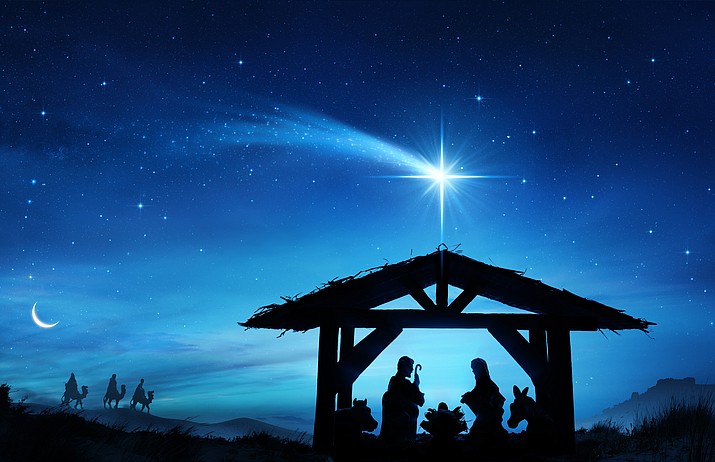“FOR THE LORD KNOWETH THE WAY OF THE RIGHTEOUS,
BUT THE WAY OF THE WICKED SHALL PERISH.” PSALM 1:8
I suppose there are umpteen other references throughout the Bible to the Lord knowing saints and sinners personally, but I can’t help but be struck by the repetition and thus the emphasis given here, at the very end of the first Psalm, to the idea of there being two separate “ways” or cultures of sin and righteousness. The implication seems clear enough: if it’s blessedness you’re after, avoid “the way” of the sinner for that “way” will perish. It’s not sinners themselves who are earmarked for destruction in Psalm 1, it’s their way of doing things.
Mortal flesh demonizes as if by instinct—mine too. We create enemies to build ourselves up and diminish those who hold contrary views. If we absolutely loved Obama, we likely hate Trump. If we like the Yankees, we hate the Red Sox. Out here where I live, people who love a John Deere often hate a Farmall. It’s even that way with snowmobiles, I hear—and motorcycles, and, to be sure, muscle-bound pickups. Maybe you’ve seen those indecorous window decals of little kids peeing on Ford trademarks.
Of course, the shepherd/king is not talking about Pepsi/Coke in the opening song of the Psalter. He’s talking about “the wicked,” not somebody wearing the wrong brand of designer jeans. But just exactly who those people are—the wicked—isn’t always so easy to ascertain, at least for me. And, of course, what’s of greatest moment in the verse six is not that we carry some kind of pocket guide to who’s wicked and who’s not, but simply that God does because he knows. The psalm doesn’t say we do.
But what can we read on our own here? There is, after all, a really deep divide in the psalm. People sure enough wear white hats and black hats in this poem, I’ll tell you. But it’s not “the wicked” themselves that are fingered in this verse; it’s their “way.” “The way” of the wicked will perish.
I may be wrong, but that line pushes me back to the characterization we’ve seen blow away earlier in this psalm: “the wicked are like chaff.” Here today, gone tomorrow. What characterizes their “way of life,” their culture, is its shallowness, its transience, its veneer, the world not unlike Andy Warhol once promised, where everyone gets his or her fifteen minutes of fame. Like chaff, that way of life blows away and will perish—that’s the heartfelt promise, or so it seems to me, of this verse. Living for the moment may well be exciting, but in the long run—and that’s what we’re talking about here—it’s not going bring the blessedness of a soul’s prosperity.
As I’ve said before, there is likely other biblical passages which threaten the wicked with eons of weeping and gnashing teeth, but Psalm 1 seems more interested in saving than damning, in laying out a view of what it means to be blessed and how all of us might go about understanding the “way” to become a recipient of that joy.
Like a tree planted. That’s the story, or so it seems to me. See it? That’s the picture in Psalm 1. Blessedness means being rooted, deeply, in something life-giving. Avoid what blows away, no matter how promising. All of that will perish. Take delight in God’s way, which is, of course, today especially, the way of a manger.

No comments:
Post a Comment